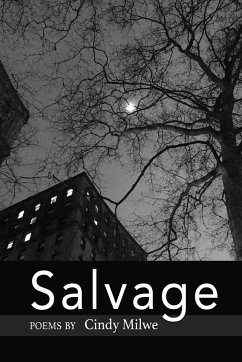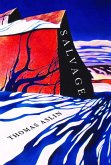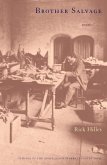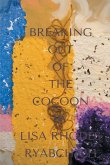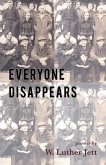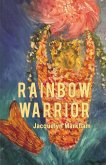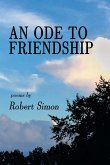Salvage, Cindy Milwe's intimate, moving new poetry collection, glitters with pleasure and pain. A girl delightedly examines "the spidery growth" of her first pubic hairs, "radiating out from my center." In the poem "What A Daughter Will Do," Milwe writes of a caesarean scar "that runs/from the mother's navel/to her pubic bone." It is this duality that gives Salvage its remarkable power. Keenly observed, Milwe's poems bring into clear focus not only "the yellow and white calico" of summer corn, but "the dark, rank bottom" of a childhood marked by an abusive father, a culture's misogyny. There are moments of tenderness too, deeply felt homages to students, to poets such as Wright, Roethke and Akhmatova. Salvage is treasure indeed, multifaceted, invaluable.-Ellen Bass Whatever else she is, has been or is willing to become (creatively) in the lifelong act of wrestling (into poems) the central energy of voice and vibe from reality, Cindy Milwe is naturally and essentially a poet of the stages of human development (not a Narrative Poet) and a poet engaged in the transformative contemporary mythology of secrets. Nearly all of the poems in Salvage manage to grow from the roots of something, equally, public and private, into wide personal investigations of every institution of human exchange, including the act of reading, which Milwe exposes as an equal identity swamp-filled with the flowing currency of Idea DNA. Salvage is Milwe's barnyard of nuances and metaphors that matter as she explores many of the tender and tough human traffic jams that have since become forbidden zone violations. She writes as if communicating with all of the original Wesleyan University Press Poets at once, as if she can remember her life when it was (simply) substance in egg, packing a lot into small formal spaces. And Salvage proves that the breathing walk of a line, even after it breaks, has a memory. This collection is an on-time vision voice for now!-Thomas Sayers Ellis Cindy Milwe's poems are written from the body, full of blood and sharp as teeth. She writes out of memory and observation, but there is nothing abstract about her vision; it is deeply rooted in the concrete. Whether recalling her childhood on the east coast or her experience as a teacher on the west, she remains ever present, ever at the center, a human in the middle of her life. Read these poems if you want to know what it is to remember-but even more important, if you want to know what it is to feel.-David L. Ulin ¿
Hinweis: Dieser Artikel kann nur an eine deutsche Lieferadresse ausgeliefert werden.
Hinweis: Dieser Artikel kann nur an eine deutsche Lieferadresse ausgeliefert werden.

